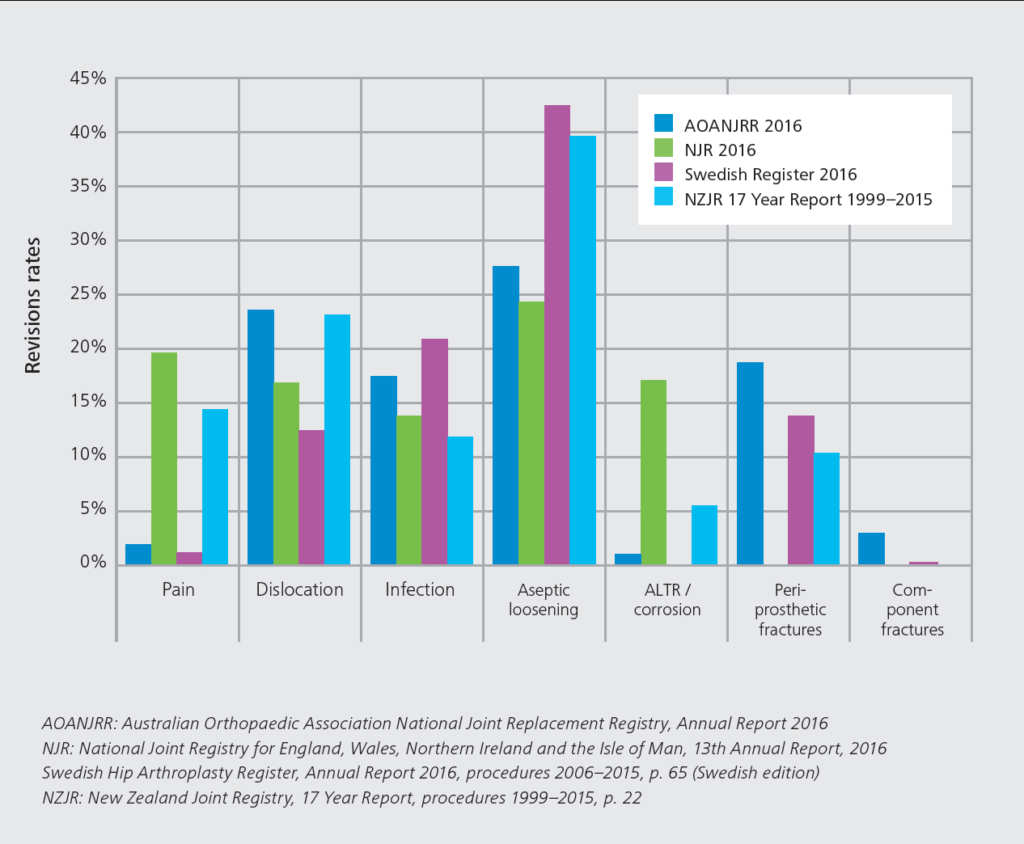CASE VIGNETTES – FEBRUARY 2019
Who Would You Get To Do Your Hip Replacement?
Lawyers typically know which fellow practitioners are good and those who are not. Whether the need is for a commercial litigator, a mediator, a criminal lawyer or a family law advocate, all of you will know just who to go to and when.
Orthopaedic Surgeons should be the same. Unfortunately, some surgeons will themselves require surgical intervention from time to time. The key question then is, who do you trust?


This can be more difficult than you might imagine. Personality obviously has a role to play but ultimately, most of us want an expert technician with a low complication rate and with a reputation for producing results that yield a long-term survivorship or outcome.
Not many Orthopaedic Surgeons visualise other surgeons operating. Trainees are usually well-positioned because they have an opportunity to assist many Consultants in a variety of settings. Consultants themselves however are often busy at the coalface and do not spend much time in the presence of their colleagues in the operating theatre environment.
The Australian Orthopaedic Association National Joint Replacement Registry collates outcome data following hip replacements, knee replacements, shoulder replacements and knee joint anterior cruciate ligament reconstructions on an annual basis. Contribution rates by surgeons in Australia are close to 100%. Longitudinal analyses are possible and observers are therefore able to determine which surgeons are performing better than the average.


Next time you contemplate undergoing orthopaedic surgery in the form of a joint replacement, ask your surgeon how he or she fares at a national level.
